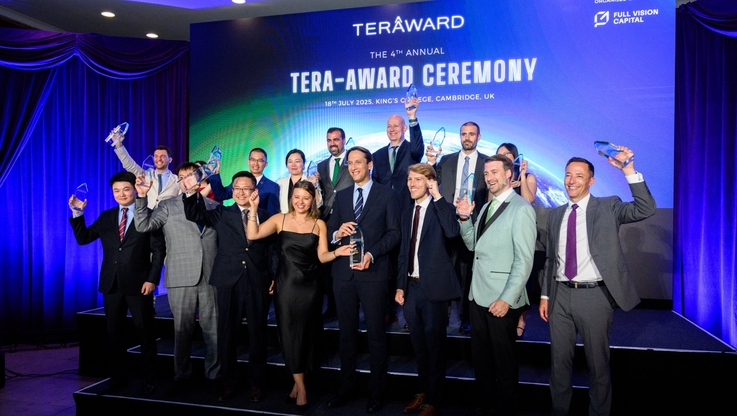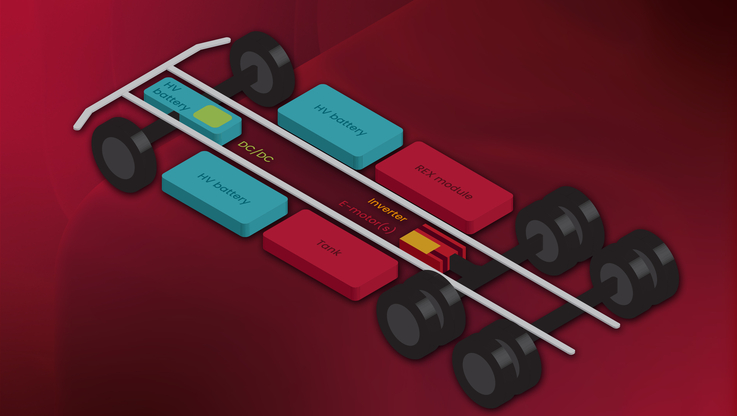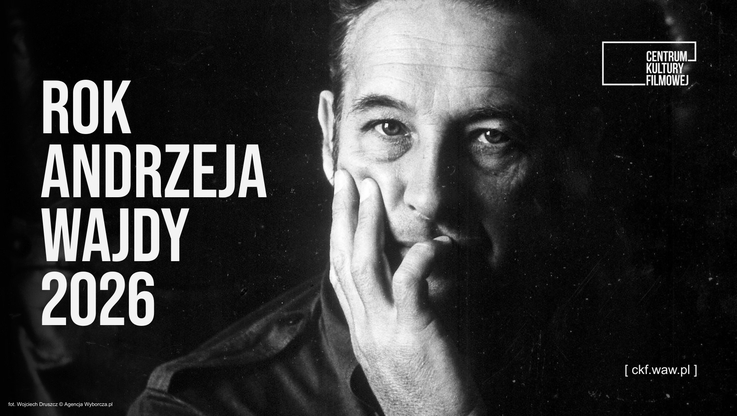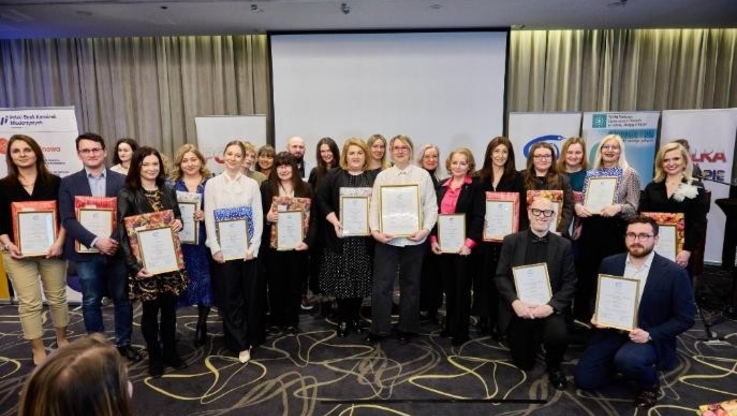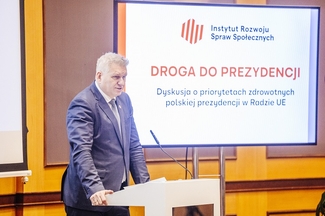Pobierz materiał i Publikuj za darmo
Gütersloh, December 17, 2024. The Nordic countries and Spain top the ranking of 30 OECD and EU states for their climate efforts. These nations have set ambitious targets for achieving climate neutrality and resource efficiency, developed sector-specific action plans, and monitor progress using comprehensive indicators. Yet, even these frontrunners face challenges, such as overcoming environmentally harmful subsidies.
The assessment is based on the latest Sustainable Governance Indicators (SGI) survey, which evaluates progress across three areas: implementing consistent climate policy frameworks, achieving a decarbonized energy system by 2050 and preparing the transition to a circular economy.
To assess the effectiveness of policy strategies, SGI data draw on a wide range of indicators, offering insights into the consequences of past policy decisions. Moreover, the dataset allows conclusions to be drawn about current policy ambitions. The data is supported by in-depth evaluations from the SGI’s country experts. Additional dimensions include progress in strengthening democratic oversight, fostering anticipatory governance and advancing sustainable solutions in other policy areas.
Sweden holds the best position for achieving its climate goals, thanks to a history of ambitious climate policies and consistent progress monitoring. However, the current government has relaxed environmental regulations. At the opposite end of the spectrum, Poland, Australia and Canada face significant challenges to achieve climate neutrality.
The energy sector accounts for nearly three-quarters of global greenhouse gas emissions, making its decarbonization a critical factor in achieving climate neutrality. Finland and Denmark have demonstrated a clear commitment to this goal. Conversely, countries like Canada, Japan and Israel need to significantly accelerate their efforts to decarbonize.
While the transition to a circular economy is still in its early stages in many regions, 20 out of 30 EU and OECD countries have nonetheless begun to implement measures. Finland and Sweden appear particularly well-prepared for this shift. In Sweden, the circular economy strategy and accompanying action plans, which are not legally binding, are assessed as part of the national budget alongside other environmental objectives.
About the Bertelsmann Stiftung: Inspiring people. Shaping the future.
The Bertelsmann Stiftung is committed to ensuring that everyone in society can participate in political, economic and cultural life. Our programs include Education and the Next Generation, Democracy and Social Cohesion, Digitalization and the Common Good, Europe’s Future, Health, and Sustainable Social Market Economies. A nonprofit foundation, the Bertelsmann Stiftung was established in 1977 by Reinhard Mohn. www.bertelsmann-stiftung.de
CONTACT:
Dr. Christof Schiller
phone: +49 (30) 275788-138
e-mail: christof.schiller@bertelsmann-stiftung.de
Thorsten Hellmann
phone +49 (5241) 81 81-236
e-mail: thorsten.hellmann@bertelsmann-stiftung.de
Source: APA-OTS
Pobierz materiał i Publikuj za darmo
bezpośredni link do materiału
| Data publikacji | 17.12.2024, 10:09 |
| Źródło informacji | APA-OTS |
| Zastrzeżenie | Za materiał opublikowany w serwisie PAP MediaRoom odpowiedzialność ponosi – z zastrzeżeniem postanowień art. 42 ust. 2 ustawy prawo prasowe – jego nadawca, wskazany każdorazowo jako „źródło informacji”. Informacje podpisane źródłem „PAP MediaRoom” są opracowywane przez dziennikarzy PAP we współpracy z firmami lub instytucjami – w ramach umów na obsługę medialną. Wszystkie materiały opublikowane w serwisie PAP MediaRoom mogą być bezpłatnie wykorzystywane przez media. |
